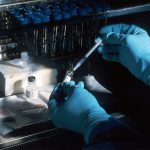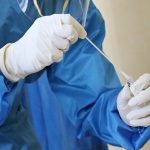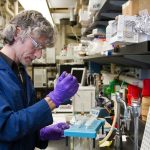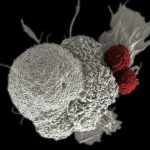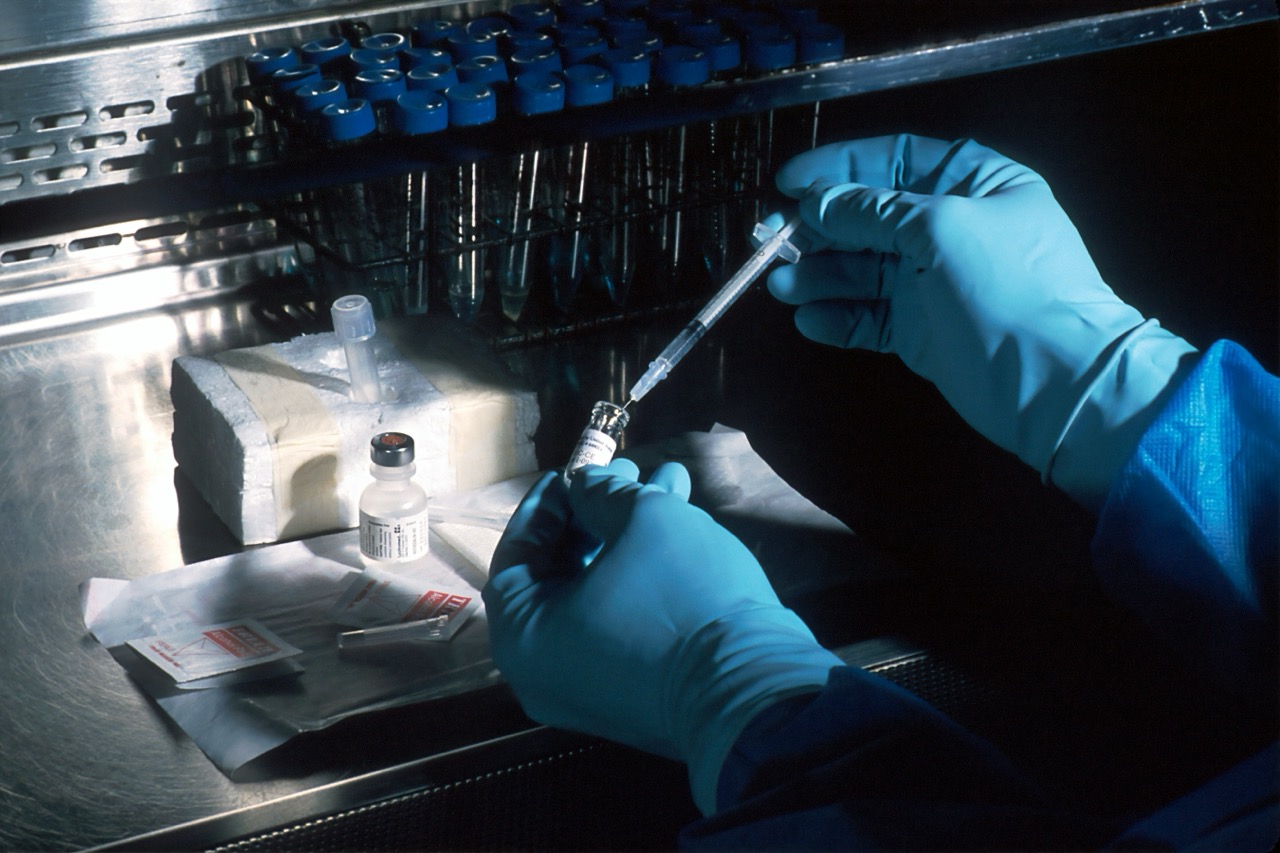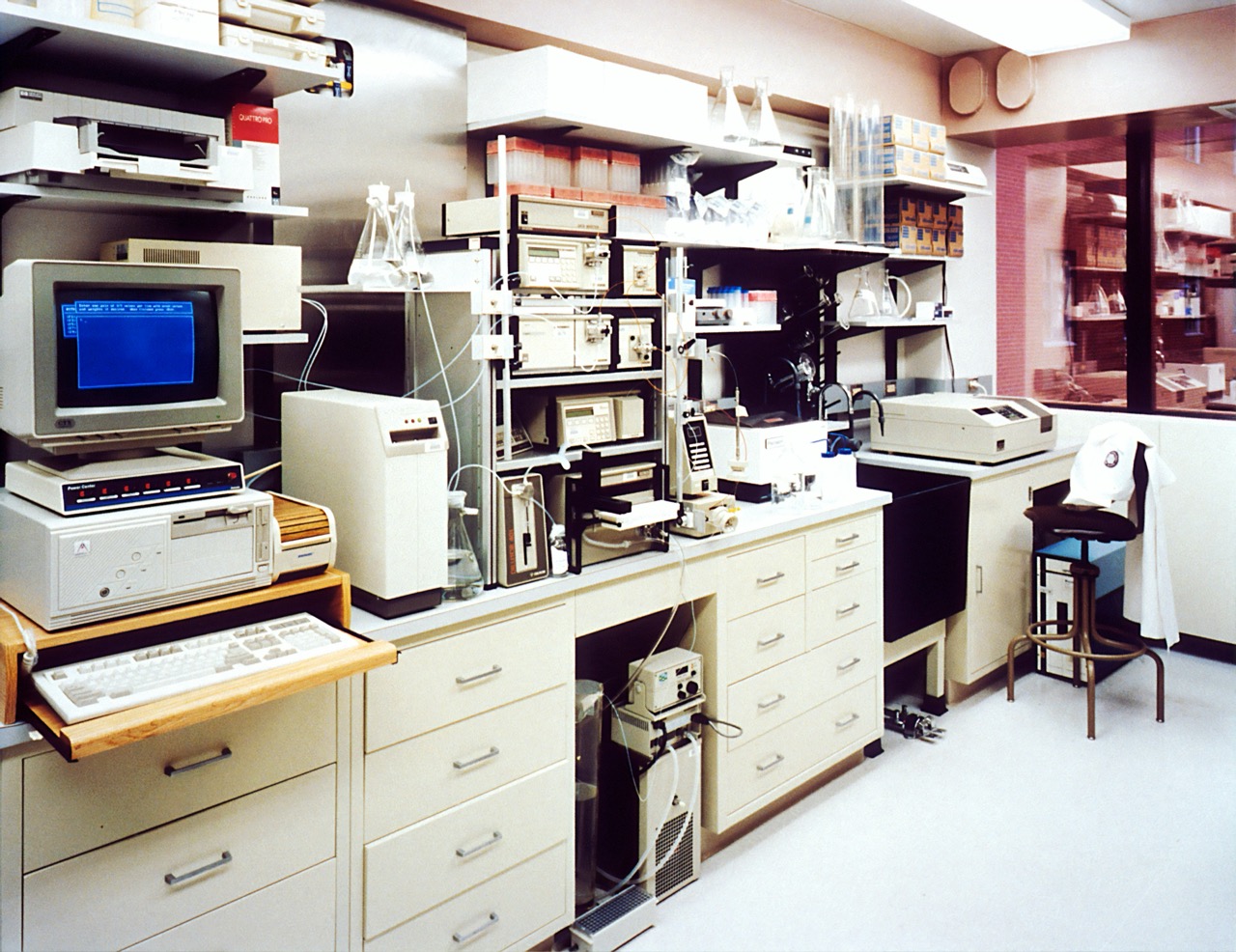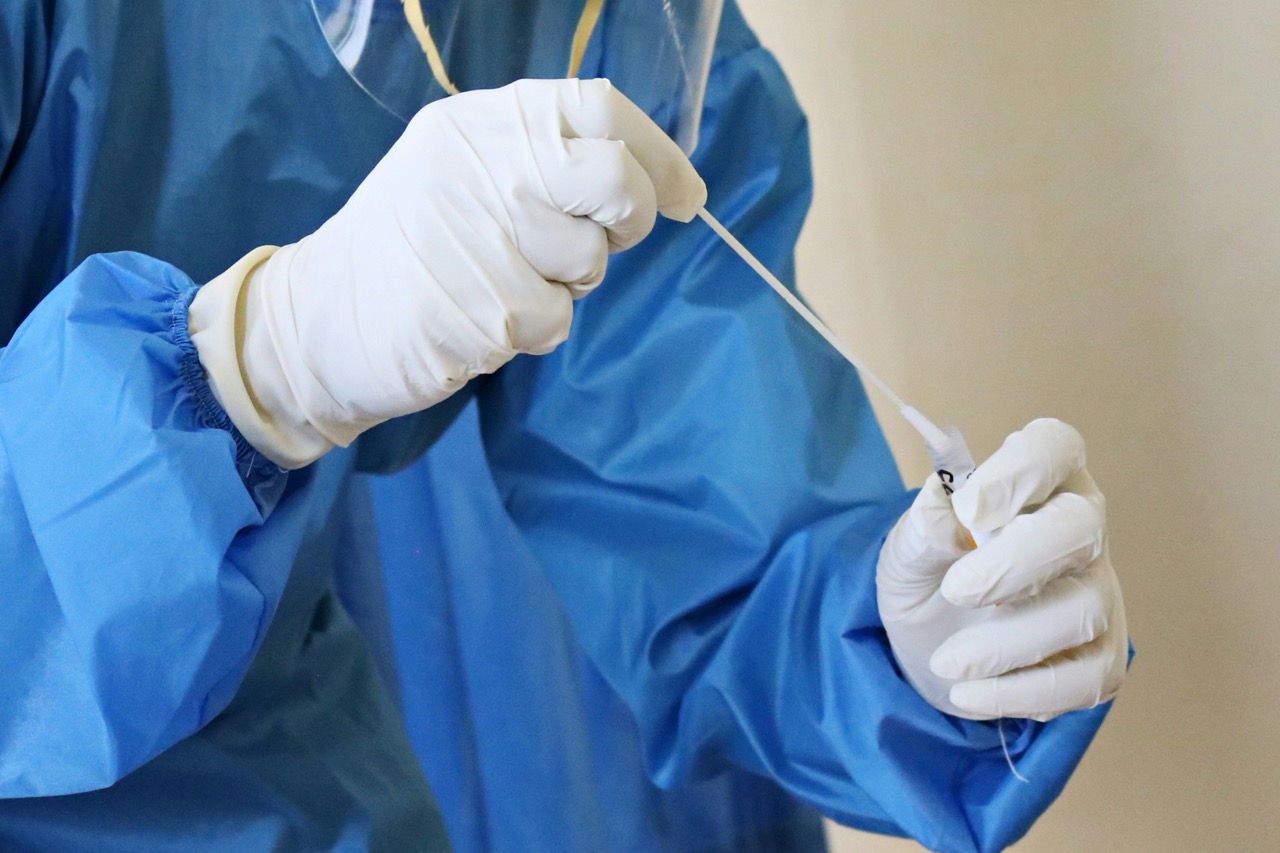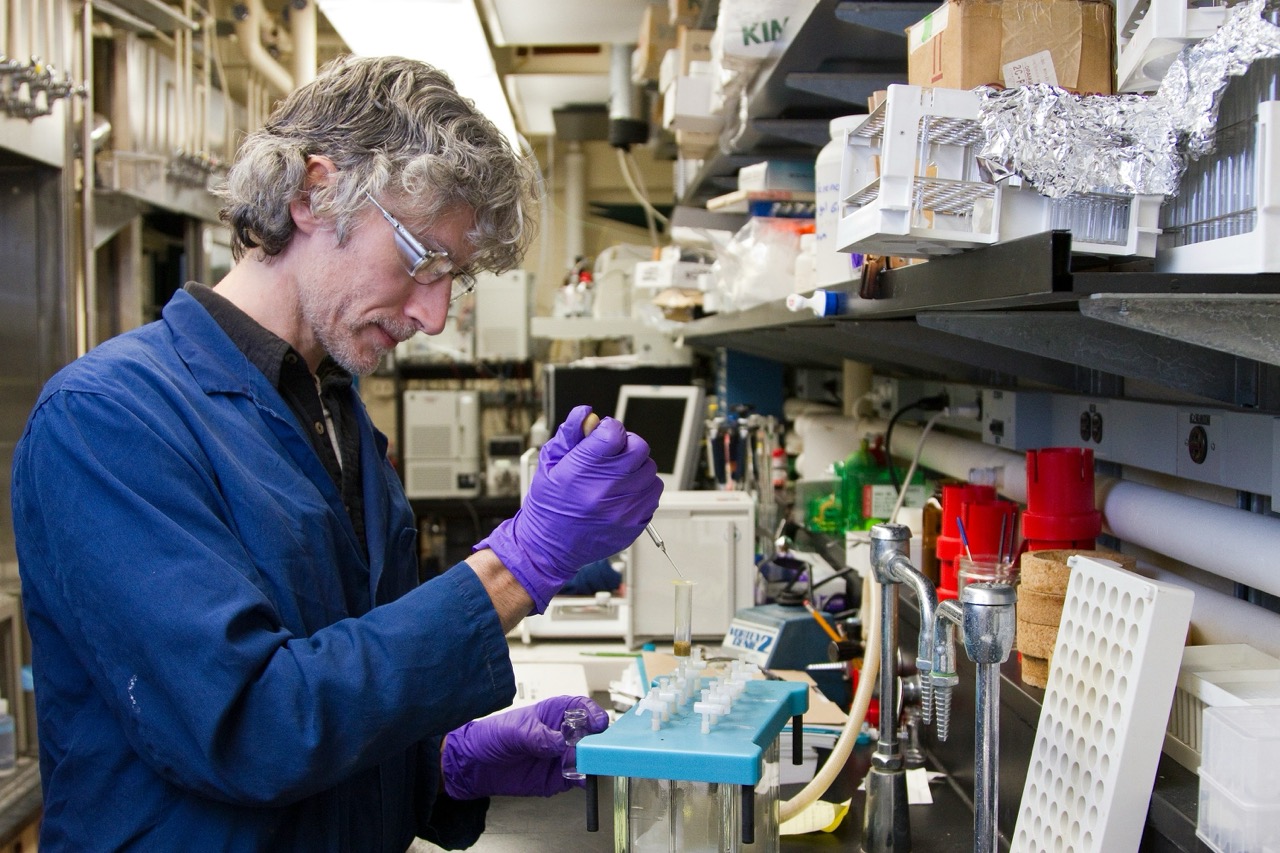Probiotics have gained significant attention as a means of promoting health and wellness, particularly concerning their role in maintaining a balanced microbiome. These live microorganisms, when administered in adequate amounts, can confer health benefits, such as improved digestion and enhanced immune function. As the understanding of the human microbiome expands, researchers are investigating the potential of probiotics in various health domains, including prevention strategies for sexually transmitted diseases (STDs).
This article aims to explore the relationship between probiotics and STD prevention, examining the underlying mechanisms, current research, and practical recommendations. By analyzing the complexities of the human microbiome and the role of probiotics in enhancing immune responses, we can better understand the potential implications for sexual health.
Introduction to Probiotics and Their Role in Health
Probiotics are defined as live microorganisms that, when administered in adequate quantities, confer beneficial effects on the host’s health. They are primarily found in fermented foods such as yogurt, kefir, sauerkraut, and dietary supplements. The most common strains of probiotics belong to the genera Lactobacillus and Bifidobacterium. These beneficial bacteria play a crucial role in maintaining gut health, modulating the immune system, and preventing the overgrowth of pathogenic microorganisms.
Research suggests that probiotics may contribute to various health improvements, such as enhancing digestion, reducing inflammation, and even supporting mental health. Their influence on the microbiome is increasingly recognized, leading to a growing interest in their potential applications in preventive medicine, including the realm of sexual health and STD prevention.
Understanding Sexually Transmitted Diseases (STDs)
Sexually transmitted diseases (STDs) are infections primarily transmitted through sexual contact, including vaginal, anal, and oral intercourse. Common STDs include chlamydia, gonorrhea, syphilis, herpes, and human immunodeficiency virus (HIV). The consequences of STDs can be severe, including chronic pain, infertility, and increased risk of acquiring other infections, such as HIV.
Preventing STDs is crucial for public health, yet many individuals are unaware of their risk factors or the importance of preventive measures. Traditional prevention methods have included condom use, regular screenings, and education on safe sexual practices. However, the exploration of alternative strategies, such as the incorporation of probiotics, is emerging as a novel approach to enhancing sexual health and reducing the incidence of STDs.
The Human Microbiome: An Overview
The human microbiome refers to the collection of trillions of microorganisms residing in and on the human body, primarily in the gut, skin, and urogenital tract. These microorganisms, which include bacteria, viruses, fungi, and archaea, play significant roles in maintaining health by aiding in digestion, producing essential nutrients, and protecting against pathogens. The composition and diversity of the microbiome can be influenced by numerous factors, including diet, lifestyle, medications, and environmental exposures.
In the context of sexual health, the urogenital microbiome is particularly important. A healthy balance of microorganisms can help prevent the occurrence of infections, including STDs. Disruptions in this microbiome, often referred to as dysbiosis, have been linked to a heightened susceptibility to various infections, highlighting the potential role of probiotics in restoring balance and promoting health.
Mechanisms of Action: How Probiotics Function
Probiotics exert their beneficial effects through various mechanisms, including competition with pathogenic bacteria for resources and adhesion sites, production of antimicrobial substances, and modulation of the host immune response. By outcompeting harmful microorganisms and producing substances such as lactic acid, probiotics can help lower the pH of the environment, making it less conducive for the growth of pathogens.
Additionally, probiotics can enhance the immune system’s response to infections. They can stimulate the production of immunoglobulins and other immune mediators, leading to an improved capacity to fend off infections. By maintaining a balanced microbiome and enhancing immune functions, probiotics may play a crucial role in preventing the onset of STDs and promoting overall sexual health.
Probiotics and Immune System Modulation
The immune system plays a critical role in defending the body against infections, including STDs. Probiotics have been shown to influence various aspects of immune function, including the activation of dendritic cells, macrophages, and T cells. These immune cells are vital in recognizing and responding to pathogens, thus enhancing the body’s defenses against infections.
Research has indicated that probiotics can modulate immune responses by promoting a balanced Th1/Th2 response, which is essential for effective immunity. By supporting the immune system’s ability to respond appropriately to infections, probiotics may reduce the risk of STDs and improve the overall resilience of individuals, particularly in populations at higher risk.
Evidence-Based Research on Probiotics and STDs
While the theoretical basis for using probiotics in STD prevention is compelling, empirical research on this topic is still in its early stages. Some studies have indicated that probiotics may have a role in preventing specific STDs, particularly in women. For example, certain Lactobacillus strains have been associated with lower rates of bacterial vaginosis, which is linked to an increased risk of STDs.
However, the body of evidence remains limited, and many studies have been small or not rigorously designed. More extensive, well-controlled trials are needed to establish the efficacy of probiotics in preventing STDs definitively. Researchers are actively exploring this area, but a consensus on guidelines and recommendations is yet to be reached.
The Role of Lactobacillus in Vaginal Health
Lactobacillus species are the predominant bacteria found in the healthy vaginal microbiome. These beneficial bacteria play a crucial role in maintaining an acidic environment, which is essential for preventing the overgrowth of pathogenic organisms. By producing lactic acid and other antimicrobial compounds, Lactobacillus helps protect against infections, including STDs.
The presence of Lactobacillus is often inversely related to the occurrence of bacterial vaginosis and sexually transmitted infections. Some studies suggest that women with a higher abundance of Lactobacillus may have a lower risk of acquiring STDs. This correlation highlights the potential of probiotics containing Lactobacillus in enhancing vaginal health and preventing infections.
Probiotics in Gastrointestinal and Urogenital Health
The relationship between gut health and urogenital health is increasingly recognized, with emerging evidence suggesting that an imbalance in the gut microbiome may influence the urogenital microbiome. Probiotics can promote gastrointestinal health by enhancing digestion, reducing inflammation, and preventing the overgrowth of harmful bacteria. A healthy gut microbiome can support overall immune function, which is critical for preventing infections in other body systems, including the urogenital tract.
Given the interconnectedness of bodily systems, maintaining a balanced gut microbiome through probiotics may indirectly benefit urogenital health. The use of probiotics as a preventive strategy for STDs may not only be limited to the urogenital tract but could also encompass broader gastrointestinal health, contributing to a holistic approach to sexual health.
Potential Benefits of Probiotics for STD Prevention
The potential benefits of probiotics in preventing STDs are multifaceted. By restoring and maintaining a balanced microbiome, particularly in the urogenital tract, probiotics may enhance the body’s defenses against infectious agents. Their ability to modulate the immune response and create an inhospitable environment for pathogens suggests a promising avenue for reducing STD incidence.
Furthermore, probiotics may offer a complementary approach to traditional prevention methods, such as condom use and regular screenings. As awareness of microbiome health grows, integrating probiotics into sexual health strategies could empower individuals to take proactive steps toward safeguarding their sexual well-being.
Limitations of Current Research on Probiotics
Despite the promising potential of probiotics in STD prevention, several limitations hinder the advancement of research in this area. Many existing studies have small sample sizes, lack rigorous methodology, or focus on specific populations, limiting the generalizability of findings. Furthermore, the wide variety of probiotic strains and formulations complicates the ability to establish standardized recommendations.
Additionally, the mechanisms by which probiotics exert their effects on STDs are not yet fully understood, and further investigation is needed to elucidate the specific pathways involved. Until more robust clinical data is available, the role of probiotics in STD prevention remains an area of ongoing exploration rather than a universally accepted practice.
Recommendations for Probiotic Use in Sexual Health
For individuals considering probiotics as part of their sexual health regimen, it is essential to select high-quality products that contain well-researched strains, particularly Lactobacillus species. Consulting with a healthcare professional is advisable to determine the most appropriate probiotic regimen based on individual health needs and risks.
Incorporating probiotics into a broader approach to sexual health—alongside safe sex practices, regular screenings, and healthy lifestyle choices—may enhance overall well-being. Ongoing education about the potential benefits and limitations of probiotics is crucial for empowering individuals to make informed decisions regarding their sexual health.
The potential role of probiotics in preventing STDs represents a novel frontier in sexual health research. While current evidence is promising, it is vital to approach this area with caution until more rigorous studies substantiate these claims. Understanding the complexities of the human microbiome and its influence on health will be crucial for future research pursuits. As the scientific community continues to uncover the intricacies of probiotics and their mechanisms, the integration of these beneficial microorganisms into STD prevention strategies may one day become a standard recommendation for promoting sexual health and well-being.
